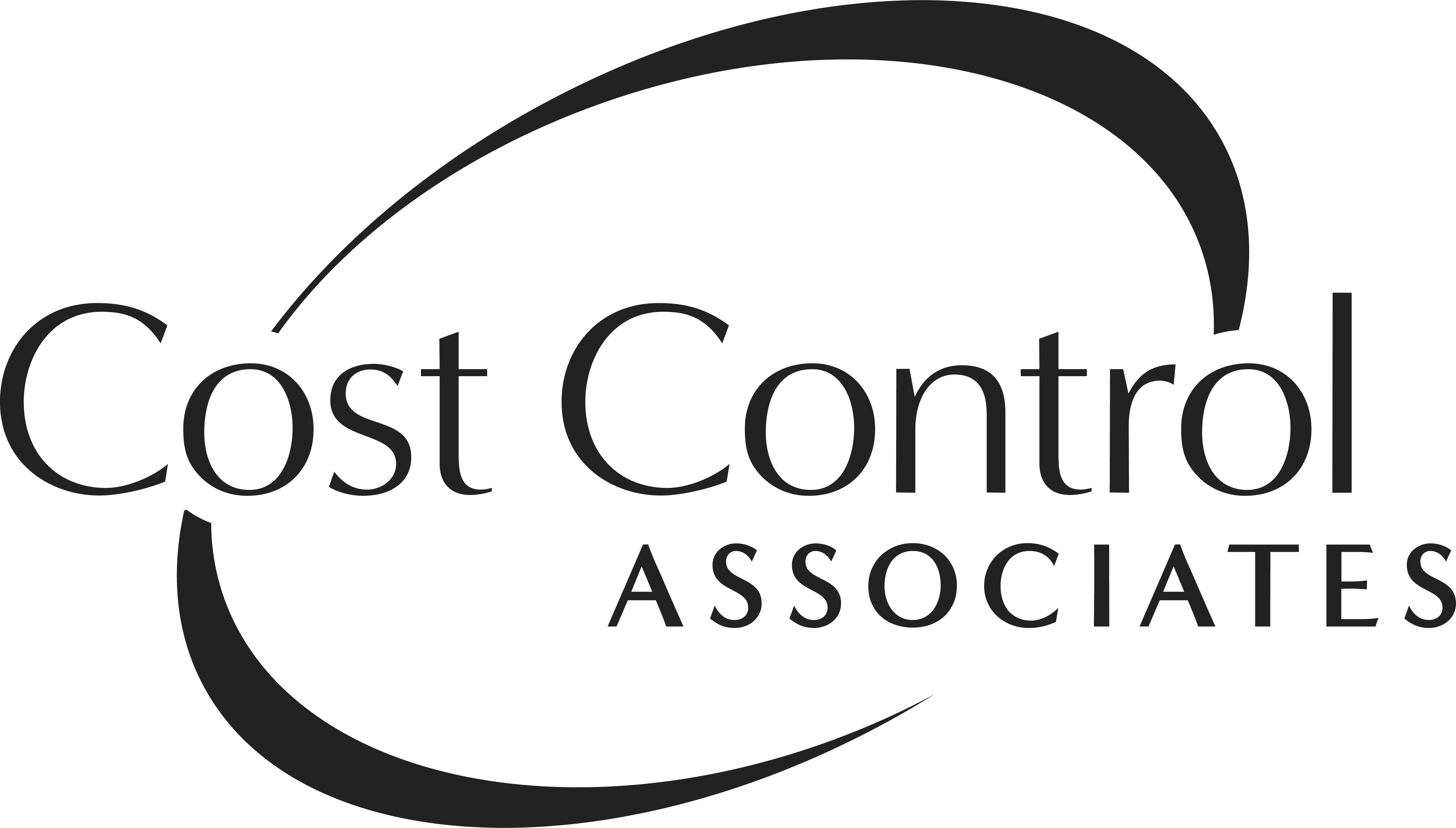
Free Yourself from the Tyranny of Unpredictable Energy Costs
Each July the U.S. celebrates its independence with fireworks, parades and backyard cookouts. The entire month exudes a certain feeling of freedom as children enjoy their first weeks free of schoolbooks and adults plan summer getaways.
Here at Cost Control Associates, we celebrate independence, too—the kind that businesses and organizations can experience when they know they are paying the optimal price for utilities such as natural gas and electricity. Cost Control Associates operates independently of supplier and equipment installers, and that means that our only allegiance is to you, the customer.
If your company or organization conducts business over multiple locations, you know all about dependence on energy utilities who dole out supply and distribution services under a variety of rates and programs. If your operations span deregulated states, your purchasing choices expand. A knowledgeable, independent consultant can help you develop a purchasing strategy that lets you exercise those choices wisely.
5 Steps to Independence
1. Know the Basics: Regulated vs Deregulated
Deregulation began in the 1970s with the passage of PURPA, which created a structure for Independent Power Producers. (An IPP owns facilities that generate electricity for sale to utilities and end-users.) In 1992 the Energy Policy Act provided incentives for renewable energy and helped small utility companies compete with large companies by expanding consumer choice and eliminating restrictions on wholesale electricity pricing.
Today 28 states have deregulated gas and/or electricity markets. In deregulated states, energy buyers have the choice of buying energy from a third party supplier or a regulated utility company. In regulated states, there are no third party suppliers. Energy suppliers fall into two general categories:
- A third party supplier (sometimes called a non-regulated utility company) is a company that provides the commodity in a deregulated market but does not provide distribution services to the customer’s premises. The supplier puts the commodity into the pipeline, and another company handles the distribution to your door. Third party suppliers are regulated in their transportation of the commodity, but their rates are not regulated, so they can charge any price. Direct Energy, Constellation and Engie are examples of third party suppliers.
- A regulated utility company provides the commodity under regulated tariffed rates and provides the distribution services. These companies have to file rate tariffs with the public utilities commission in each state to specify all the rules, rates and regulations by which they bill. Regulatory oversight provides some assurance that you will be billed correctly and at a fair price. Duke Energy, American Electric Power (AEP) and National Grid are examples of regulated utility companies.
2. Make Informed Choices
Though third party supplier’s rates are not regulated, end-users are often attracted to their fixed rate products and the resulting budget certainty. Because situations vary from state to state, it is important to understand the market. For instance, in Illinois there might be 10-25% savings when you buy from a third party supplier. In Texas where most markets are deregulated, you are required to select a third party supplier—if you don’t choose, you may end up with a more expensive default choice. You should also understand the details of your contract and monitor your usage and expense.
Make sure you have a good rule of measure. When choosing a third party supplier, keep their objectives in mind as well as your own. Do your homework by talking to the regulated utility company in your area about the supply rates they can offer a company such as yours. You may find that the third party supplier’s rates are similar or higher. It’s a buyer-beware situation, so arm yourself with as much information as possible.
CASE STUDY: Cost Control Associates had a client that was a non-profit long term care provider that chose a fixed rate contract with a third party supplier in New York State. Everything seemed fine until the organization noticed that its energy costs had risen dramatically when their usage had stayed about the same. Given some adjustments for weather variations, we verified that usage was indeed about the same, but we also learned that the fixed rate contract had ended. Unfortunately, the arrangement was structured with a variable rate that was quite punitive—as much as $80-100,000/year additional cost! In the client’s market, the most cost-effective solution was to return to the regulated utility company for supply. The new rate was structured in a way that was better for the client and didn’t result in such extreme pricing variability.
Though many businesses prefer the predictability of fixed rates, in the long term, variable rates may offer more savings. However, variable rates can also leave you exposed if they rise precipitously when there is a shortage of natural gas (which drives electricity prices) or increased demand. Some of our clients use a mix of different rates. You can use a heat-type rate or you can buy part of your load on fixed rate and part of it on variable rate to reduce the amount of fluctuation. An experienced independent consultant can help you make these choices.
3. Be Wary of Biased Advice
When it comes to choosing rate plans and energy procurement, many organizations rely on their energy supplier to guide them. This is risky, because your objectives are not the same! As a customer, you want to buy energy at the lowest price and get great service. Your energy supplier is a vendor that wants to sell you supply at a profit in order to generate revenue.
If you don’t have a deep understanding of energy pricing, you are at the mercy of the energy companies that sell you supply. When the basic dynamics of the buyer/seller relationship get lost, people begin to think of their energy supplier as an advisor rather than a vendor. You should ask yourself, “Why is my energy supplier telling me this? Could he or she have reasons that are not in my best interest?” Your best bet is to find a knowledgeable consultant who has no allegiance to the supplier.
You should also realize that some consulting firms appear to be independent but are actually acting as agents for the suppliers. I’ve had business managers tell me they already have an independent consultant, but they don’t pay that consultant. When I ask who pays the consultant, the answer is, “The supplier”! With brokers and sellers, it is not always clear what clients are getting in terms of advice. If you are listening to the advice of an agent of the seller, you might as well deal with the supplier directly and skip the middle man.
4. Get Help from a Trustworthy Source
To gain independence from energy suppliers and get optimal pricing, the best thing you can do is hire an independent, unbiased consultant. It doesn’t cost a lot of money, and if you are equipped to do the actual transactions yourself, you can hire a consultant for advisement only.
Any organization without an in-house energy manager should consider hiring an independent energy consultant. Consider your company size, energy spend and if that spend is in deregulated markets. If all your markets are regulated, you don’t need a consultant to procure energy.
If you have the in-house knowledge to procure energy, you may not have the manpower to go through an RFP or bidding process or watch a particular energy market carefully enough to determine the best timing to buy. You can delegate that work to a consultant.
At Cost Control Associates we follow all the market experts and know what they are saying. We can tell you where the market stands, where it has been historically and where we think it is going. It makes no difference to us what supplier you buy from; we are here to help our clients by providing unbiased advice.
5. Get a Free Analysis!
Cost Control Associates offers a free analysis of your current procurement situation. After a discussion about your concerns, we can look at your locations and see what you are doing—we’ll even take a look at your contract. Why pay more than you need to? Get in touch, and let’s see how we might help.
